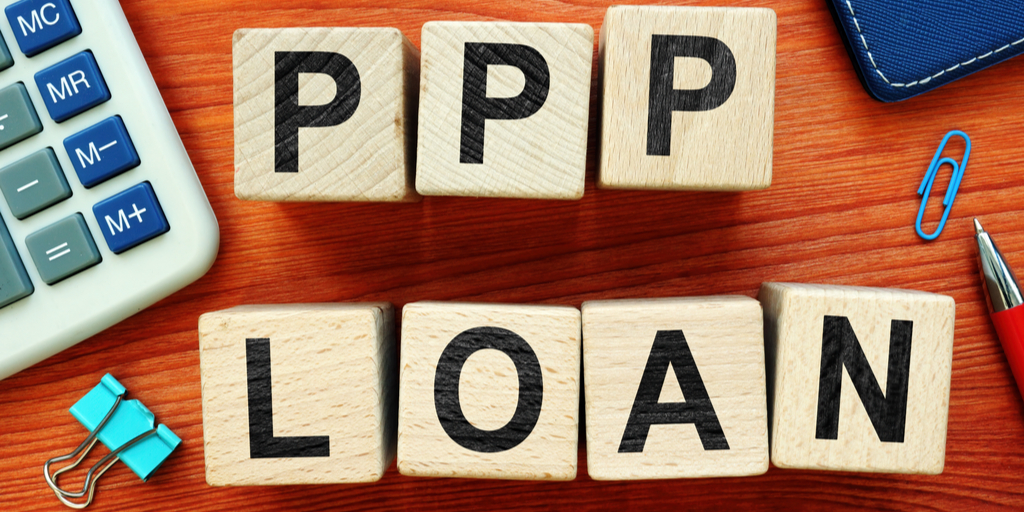
Yesterday, April 23rd 2020, Congress passed legislation to add additional funding the Paycheck Protection Program (PPP) with no changes in eligibility. The President is expected to sign the bill later today.
The soon-to-be law includes a $310 billion increase for the PPP that earmarks $30 billion for loans made by Insured Depository Institutions and Credit Unions that have assets between $10 billion and $50 billion; and $30 billion for loans made by Community Financial Institutions, Small Insured Depository Institutions, and Credit Unions with assets less than $10 billion.
The legislation also includes a $10 billion increase for EIDL Grants, an additional $50 billion to support EIDL Loans, a $75 billion increase for reimbursement to hospitals and healthcare providers and $25 billion to go towards COVID-19 tests.
Best Practices for Getting Your PPP Funds
Many small businesses were frustrated with their bank’s PPP loan process and were unable to get their loans approved before the first round of funding ran out. With loan applications getting backlogged in the queues of big lenders, experts suggest looking to more non-traditional lenders for a better chance at getting approved. “I would take a look at some non-bank lenders who are doing these loans… especially on the smaller side; sub $350,000.” Recommends Omar Morel, Senior SBA Business Developer at American Business Bank.
As part of the CARES Act, the Small Business Administration (SBA) approved additional lenders to help distribute PPP funds. Kabbage, PayPal, Intuit and Square, for example, were three non-bank lenders that were approved to offer direct loans to small businesses through the PPP. “They were all approved before the money ran out, so they will all be taking applications now as well.” Mr. Morel adds.
Credit unions are a great option for small business owners as well, but if you’re not already a customer of a credit union, you may run into some trouble applying through one. Mr. Morel recommends small business owners reach out to their local SBA district office; most offices have a list of local lenders that are accepting applications from non-customers.
PEO Clients Can Submit Their Loan Applications Without Tax Documents
When the PPP first opened for applications, there was some confusion surrounding which documents were required to be submitted to lenders, and some of the language was problematic for Professional Employer Organization (PEO) clients. The language in the application was subsequently revised, making it clear that lenders can confirm the eligible loan amount using the “required documents” as set forth in the SBA’s Interim Final Rules (IFR), such as payroll records and bank statements. Tax documents (such as Forms 941) are not required to be provided to lenders to qualify for the loans. PEO clients who are unsure about which documents to submit can reach out to their designated Payroll representative for help with the application process.
About Emplicity:
Since 1995, Emplicity has provided a smarter, more secure, and integrated platform of employer services to its 300 business clients and their 8,500 employees. As a Professional Employer Organization, or PEO, the California-based HR outsourcing firm simplifies the compliance, administration, and support businesses need in the areas of employee benefits, payroll, and human resources technology.
For more information about us, visit www.emplicity.com or call us at (877) 476-2339. We’d love to make your employee management more simple—and secure.
NOTICE: Emplicity provides HR advice and recommendations. Information provided by Emplicity is not intended as a substitute for employment law counsel. At no time will Emplicity have the authority or right to make decisions on behalf of its clients.

